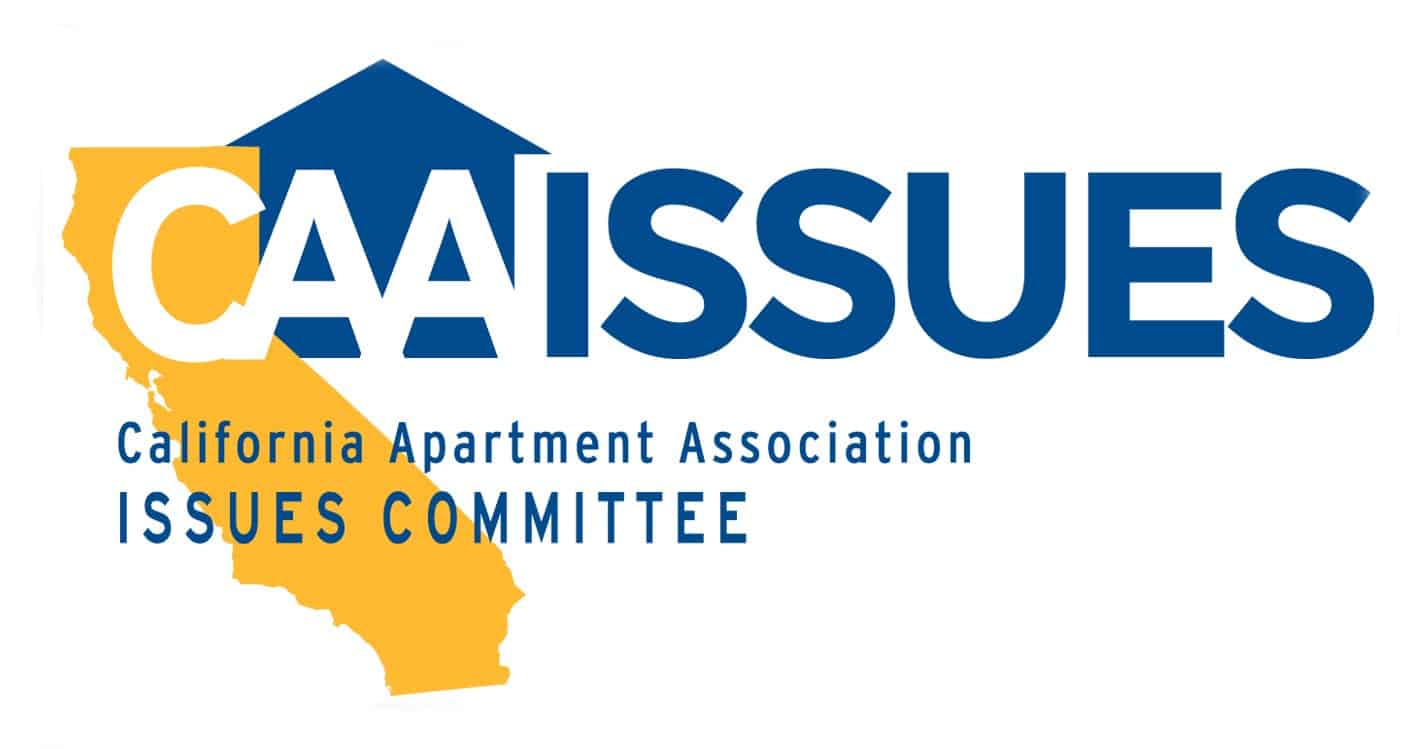The UC Berkeley Terner Center for Housing Innovation has recently published an unsubstantiated report alleging that landlords throughout California may be violating a state law that limits rent increases.
The Terner Center report, “Rising Rents, Not Enough Data — How a lack of Transparency Threatens to Undermine California’s Rent Cap,” suggests there may be pervasive violations of the rent restrictions — generally 5% plus CPI — included in the Tenant Protection Act of 2019 (Assembly Bill 1482).
The California Apartment Association denounced the report and its conclusions, which stem from irrelevant data and appear politically motivated. Surely radical tenant groups and some elected leaders will seize upon the report in their quest to further overregulate the rental housing industry with everything from stronger rent control laws to rental registries.
Fortunately, a counter report recently released by UC Riverside’s Center for Economic Forecasting and Development contends the Terner Center report is badly flawed.
The response takes issue with the Terner Center’s reliance on asking rents for vacant units listed on Zillow in suggesting possible widespread violations of AB 1482.
Although AB 1482 caps rent increases on much of California’s housing stock, vacant units — like those advertised on Zillow — are exempt from the cap, as are most privately owned single-family homes and new housing.
“This is a non sequitur,” says the UC Riverside response, written by economist Christopher Thornberg, director of the Center for Economic Forecasting at UC Riverside. “As noted, the data in question is for units that are being advertised as available for rent and, as such, the caps imposed by AB 1482 do not apply.”
The response goes on to say, “Sadly, the Terner Center’s report represents a step backwards in discussing this critical and complex issue, seemingly designed more for stoking political outrage than for helping to guide California towards better solutions.”

